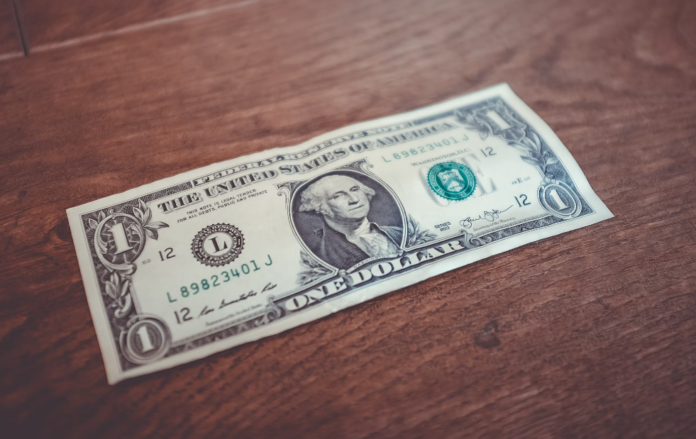The 2020s have been a decade plagued with various world events that have shocked the nation and the world.
Everything from the COVID-19 pandemic to the war in Ukraine, the world is constantly shifting and moving.
With that comes the prospect of economic health. Events such as economic contraction or recessions have created an unstable time for the world at the minute by increasing societal doubts about the effectiveness of the economy or its future.
As the current state of the economy is called into question, what will 2023 look like for the economy? Is 2023 looking to be a recessionary year as experts predict? Are we already in one?
“The headline recession [in mediums like news media] is indicated by two negative quarters of GDP growth,” said Dr. Stephen Miller, professor of Economics at UNLV.
“NBER (National Bureau of Economic Research), experts who call recessions, don’t use the two-quarter definition, but instead use monthly data like industrial production and unemployment,” Dr. Miller continued.
Dr. Miller further explained that “we had the pandemic recession and a lot of fiscal policy or stimulus like spending plans…we had both fiscal and monetary policy stimulating demand in the economy…when the unemployment rate gets tight, we expect inflation. The inflation rate is further exacerbated because of supply shocks and supply chain issues.”
According to economists in a Bloomberg-facilitated survey, there is predicted to be a 70% chance of a recession in 2023. Current issues like inflation have threatened the way we buy goods or services due to the high costs associated with doing so. As a result, the Federal Reserve decided to increase interest rates by 50 basis points (bps) to slow down inflation during December of 2022. The Federal Reserve is currently engaging in contractionary monetary policy to increase interest rates and decrease the overall rate of demand.
This idea boils down to what consumers and businesses are willing to pay during such a time. The US economy is currently experiencing rising inflation and interest rates, along with an end to the stimulus fiscal policies touted by the federal government during the pandemic.
With things like rising inflation rates comes the idea of decreased aggregate demand. Consumers realize their money contains less buying power and consume fewer goods as a result causing overall Real GDP to drop. In the same manner, rising interest rates make borrowing money much more expensive, which turns away consumers.
According to CPA Advisor, businesses would also view rising inflation as an incentive to pull back on spending on equipment and other materials needed for business. Given the cost to run and facilitate a business is quite high, private investment has seen a noticeable drop in the last year.
As a whole, will 2023 be a recession year? Most likely.
In most cases, it will be rather mild in nature and not on the scale of 2020.
On the basis of UNLV students, saving money or creating an emergency fund would be a good idea. Making sure to check up on financial news and making sure you can incur an attainable amount of debt.
Going forward, a recession might be likely this year, but we as students can take the initiative now to make sure we are in the best situation to manage our finances and our positions, regardless of the economic outlook.

